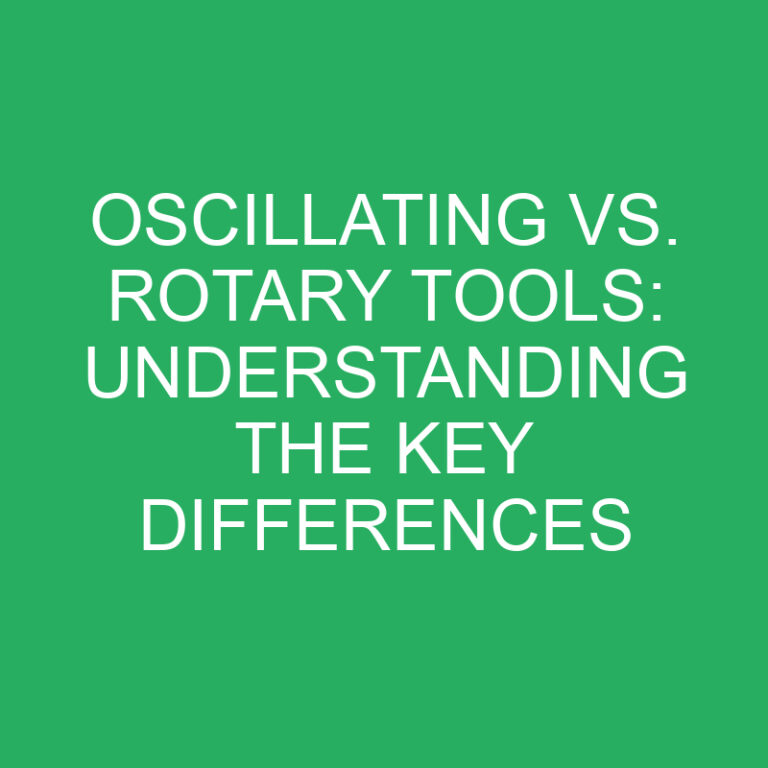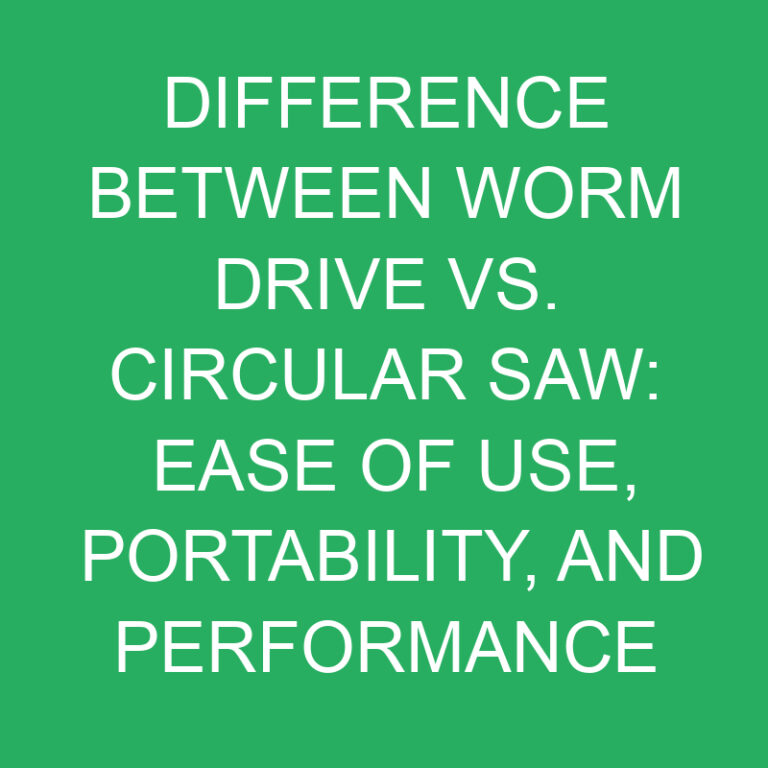
When it comes to choosing a piano keyboard, one of the first decisions you’ll need to make is the number of keys. While the standard is 88 keys, you may also come across keyboards with 76 keys. But what exactly is the difference between these two options? In this article, I’ll break down the key distinctions between 88 and 76 keys piano keyboards, helping you make an informed decision based on your needs and preferences. Whether you’re a beginner or an experienced pianist, understanding these differences will be crucial in finding the right instrument for your musical journey. So, let’s dive in and explore the nuances of these two keyboard options.
Post Contents
- What is the standard number of keys for a piano keyboard?
- What are the key distinctions between an 88-key piano keyboard and a 76-key piano keyboard?
- Benefits of choosing an 88-key piano keyboard
- Benefits of choosing a 76-key piano keyboard
- How to choose the right piano keyboard based on your needs and preferences
- Conclusion
- Frequently Asked Questions
- What is the main difference between an 88-key and a 76-key piano keyboard?
- How does the size and portability of these keyboards differ?
- How does the number of keys affect the flexibility and versatility of the keyboard?
- What are the benefits of choosing an 88-key piano keyboard?
- What are the benefits of choosing a 76-key piano keyboard?
- What factors should be considered when choosing between an 88-key and a 76-key piano keyboard?
What is the standard number of keys for a piano keyboard?
When it comes to piano keyboards, the standard number of keys is 88. This includes 52 white keys and 36 black keys, with the black keys arranged in groups of two and three. This configuration allows for playing a wide range of musical pieces from classical to modern genres.
The 88-key piano keyboard is often referred to as a full-size keyboard. It provides the complete range of pitches and tones that a piano is capable of producing. This is why it is the preferred choice for professional pianists, serious students, and those who want a piano-like experience.
Having 88 keys gives you access to a wider musical range. It allows you to play pieces that reach both the highest and lowest notes on the piano. This is especially important for more advanced players who may be working on complex and challenging repertoire.
While the 88-key piano keyboard is the standard, there are also keyboards available with 76 keys. These keyboards still offer a significant range of notes, with 45 white keys and 31 black keys. They are a more compact alternative for those with limited space or who want a more portable option.
Some people may wonder if having fewer keys compromises the playing experience. While it’s true that a 76-key keyboard doesn’t provide the same level of octave range, it can still be suitable for beginners or those who primarily focus on specific musical styles that don’t require the full 88 keys.
The standard number of keys for a piano keyboard is 88. However, keyboards with 76 keys are also available for those who prefer a more compact option or have limited space. The decision ultimately comes down to your personal needs and preferences, as well as the type of music you intend to play. No matter which option you choose, both keyboards offer the opportunity to explore the joy of playing the piano.
What are the key distinctions between an 88-key piano keyboard and a 76-key piano keyboard?
When comparing an 88-key piano keyboard to a 76-key piano keyboard, there are a few key distinctions to take into consideration. Let’s explore some of the main differences:
1. Range of Notes: The most significant difference is the range of notes that each keyboard offers. An 88-key piano keyboard provides a wider range of notes, spanning from A0 to C8. This allows for playing a vast array of musical pieces, including compositions from classical to modern genres. On the other hand, a 76-key piano keyboard has a smaller range, starting from E1 and ending at G7. While it may not cover the full range of an 88-key keyboard, it still provides enough notes for beginners and specific musical styles.
2. Compactness and Portability: Another key distinction is the size and portability of the two keyboard options. With 88 keys, a piano keyboard requires more space and is generally larger in size. This makes it less portable and suitable mostly for those who have a dedicated space for practicing and performing. Conversely, a 76-key keyboard is more compact and lightweight, making it easier to transport and suitable for musicians on the go.
3. Flexibility and Versatility: The number of keys on a piano keyboard directly affects its flexibility and versatility. With 88 keys, you have access to a wider range of musical possibilities, allowing for more intricate compositions and expressive playing. On the other hand, a 76-key keyboard offers a more streamlined experience, which can be ideal for beginners or individuals focused on specific musical styles that do not require the full range of an 88-key keyboard.
4. Price Point: It’s worth mentioning that price can also be a factor when deciding between an 88-key and 76-key piano keyboard. Generally, 88-key keyboards tend to be more expensive compared to their 76-key counterparts. This is due to the additional materials and components required to accommodate the extra keys. Those on a budget may find a 76-key keyboard to be a more cost-effective option while still providing a satisfying playing experience.
Benefits of choosing an 88-key piano keyboard
When it comes to piano keyboards, opting for an 88-key instrument can offer several advantages. Here are some benefits that come with choosing an 88-key piano keyboard:
1. Wider Range of Notes
The most obvious advantage of an 88-key keyboard is the expanded range of notes it provides. With a full-sized 88-key keyboard, you can access a wide spectrum of pitches, from the lowest A0 to the highest C8. This extended range allows for the accurate reproduction of complex musical pieces that require a broader tonal range.
2. Enhanced Expressiveness
Due to its larger size, an 88-key piano keyboard allows for more expressive playing. It provides a greater number of keys for your fingers to explore, providing a richer and more nuanced experience. This is particularly beneficial for experienced pianists who require advanced techniques and intricate compositions.
3. Greater Versatility
The wider range of notes offered by an 88-key keyboard also leads to greater versatility. It allows for the performance of a broader range of musical genres and styles, from classical to jazz to contemporary music. Whether you’re a professional musician or simply an avid player, an 88-key keyboard provides the flexibility to explore various genres and experiment with different musical arrangements.
4. Professional Quality
Many professional pianists and music enthusiasts prefer 88-key keyboards for their reliable and authentic sound. These keyboards often mimic the sound and feel of traditional acoustic pianos due to their full-sized keybeds. The high-end models include weighted keys that provide the same touch sensitivity as an acoustic piano, offering a truly immersive playing experience.
5. Suitable for Advanced Players
If you are an advanced pianist, an 88-key keyboard is the perfect choice. Its large size and extended range enable you to tackle the most complex and demanding compositions with precision and accuracy. Advanced players often require the full range of notes to accurately reproduce the full dynamics and expression of their musical performances.
Remember, opting for an 88-key piano keyboard is a personal choice that depends on your skill level, musical preferences, and budget. While it offers numerous benefits, it may not be necessary for everyone. If you’re a beginner or have limited space, a more compact and portable 76-key keyboard may be more suitable.
Benefits of choosing a 76-key piano keyboard
When considering a piano keyboard, the number of keys plays a significant role in determining its capabilities and suitability for different players. While the 88-key piano keyboard provides a wider range of notes and greater versatility, there are specific benefits to choosing a 76-key piano keyboard. Here are a few advantages of opting for a 76-key piano keyboard:
- Compact and Portable: One of the main advantages of a 76-key piano keyboard is its compact size and portability. With fewer keys than an 88-key keyboard, it takes up less space and is easier to transport. This makes it ideal for musicians who are often on the go or have limited space in their living or practice area.
- Simpler Layout: The streamlined design of a 76-key keyboard can be beneficial for beginners or those who prefer a more straightforward layout. With fewer keys to navigate, it can be easier to learn and memorize the notes. This makes it an excellent choice for beginners who are just starting their musical journey.
- Cost-effective: Another advantage of a 76-key keyboard is its affordability compared to an 88-key keyboard. If you’re on a tight budget or unsure if you want to commit to a larger and more expensive instrument, a 76-key keyboard offers a more budget-friendly option without compromising on quality.
- Suitable for Specific Musical Styles: Depending on the musical styles you play, a 76-key keyboard may be sufficient for your needs. Certain genres, such as pop, rock, or hip-hop, may not require the extended range provided by an 88-key keyboard. In these cases, a 76-key keyboard can offer everything you need without the additional keys you may not use frequently.
It’s important to consider your skill level, musical preferences, and budget when choosing between an 88-key and 76-key piano keyboard. While the 76-key keyboard may not offer the same range and versatility as its larger counterpart, it provides benefits in terms of size, simplicity, affordability, and suitability for specific musical styles. Ultimately, the choice between the two depends on your individual needs and requirements.
How to choose the right piano keyboard based on your needs and preferences
When it comes to choosing the perfect piano keyboard, it’s essential to consider your individual needs and preferences. Here are a few factors to keep in mind that will help you make an informed decision:
- Skill Level: If you’re a beginner, a 76-key keyboard may be a better option as it offers a streamlined layout and is easier to navigate. On the other hand, if you’re an advanced player or aspiring professional, an 88-key keyboard gives you more room to explore intricate compositions and expressiveness.
- Musical Style: The type of music you plan to play is another important consideration. If you’re primarily focusing on genres like pop, rock, or jazz that typically don’t require the full range of an 88-key keyboard, a 76-key keyboard can be a cost-effective and suitable choice.
- Space Constraints: If you have limited space available, a compact and portable 76-key keyboard might be more practical. It allows you to enjoy the experience of playing the piano without sacrificing too much room in your living space.
- Budget: Your budget is certainly a factor to consider. While 88-key keyboards tend to be pricier due to their additional keys and advanced features, 76-key keyboards are generally more affordable. So, if you’re just starting out or on a tight budget, a 76-key keyboard can still provide you with a fantastic musical experience.
Conclusion
When it comes to choosing between an 88-key and a 76-key piano keyboard, there are several factors to consider. The main difference lies in the range of notes each keyboard offers. The 88-key keyboard provides a wider range, making it ideal for advanced players and those who require intricate compositions. On the other hand, the 76-key keyboard is more compact and lightweight, making it a suitable choice for beginners or those with limited space.
The decision ultimately depends on individual needs and preferences. If you value a wider range of notes, enhanced expressiveness, and professional quality, the 88-key keyboard would be the better option. However, if portability, simplicity, and cost-effectiveness are your priorities, the 76-key keyboard may be the more suitable choice.
Remember to consider your skill level, musical style, space constraints, and budget when making your decision. Both keyboards have their own advantages and can cater to different musical needs. So, choose the keyboard that aligns with your requirements and enjoy creating beautiful music.
Frequently Asked Questions
What is the main difference between an 88-key and a 76-key piano keyboard?
The main difference between an 88-key and a 76-key piano keyboard is the range of notes they provide. The 88-key keyboard offers a wider range from A0 to C8, while the 76-key keyboard starts from E1 and ends at G7.
How does the size and portability of these keyboards differ?
The 88-key piano keyboard is larger and less portable, while the 76-key keyboard is more compact and lightweight.
How does the number of keys affect the flexibility and versatility of the keyboard?
The 88-key piano keyboard offers more possibilities for intricate compositions, making it more suitable for advanced players. The 76-key keyboard is more streamlined and suitable for beginners or specific musical styles.
What are the benefits of choosing an 88-key piano keyboard?
Choosing an 88-key piano keyboard offers a wider range of notes, enhanced expressiveness, greater versatility, professional quality, and is suitable for advanced players. However, the choice ultimately depends on individual skill level, musical preferences, and budget.
What are the benefits of choosing a 76-key piano keyboard?
Choosing a 76-key piano keyboard offers a compact and portable size, a simpler layout, cost-effectiveness, and is suitable for beginners or specific musical styles.
What factors should be considered when choosing between an 88-key and a 76-key piano keyboard?
When choosing between an 88-key and a 76-key piano keyboard, factors such as skill level, musical style, space constraints, and budget should be considered. It is important to take into account individual needs and requirements.






